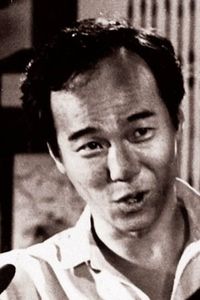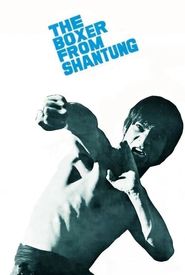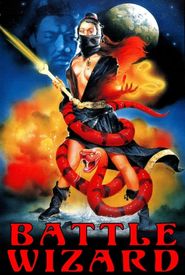Pao's odyssey commenced in the culturally rich city of Nanjing, Jiangsu, where he took his first breaths as a newborn. Subsequently, in 1949, he made the pivotal decision to relocate to the island nation of Taiwan, where his ardor for the art of filmmaking would soon come to fruition. During his formative years in secondary school, Pao simultaneously honed his skills and acquired invaluable expertise by working part-time at the film processing studio of Taiwan Motion Picture Studio, an experience that would prove to be a defining factor in his future endeavors.
After completing his academic pursuits, Pao remained committed to his craft, dedicating six years of his career to working as an assistant cinematographer at the studio, where he had the opportunity to refine his skills and learn from the most experienced professionals in the industry.
Subsequently, Pao transitioned to Lucky Star Film Co Ltd, where he took on the role of cinematographer, utilizing his expertise to bring to life a diverse array of Taiwanese-dialect films, amassing an impressive body of work over the course of three years.
It was in the year 1966 that Pao gained a significant opportunity to collaborate with Lo Chen on the location shooting of the 1967 film, Too Late for Love, which ultimately led to his receiving widespread recognition and praise.
Pao's cinematic expertise was showcased at Shaw Brothers, where he honed his skills as a cinematographer, collaborating with renowned directors such as Lo Chen, Griffin Yue Feng, and the esteemed Chang Cheh.
Pao's impressive filmography includes notable works under Chang Cheh's direction, specifically the 1967 release, The Trail of the Broken Blade, and the 1968 film, Golden Swallow.
Furthermore, Pao's impressive portfolio also features films directed by Griffin Yue Feng, including the 1967 production, Rape of the Sword, the 1968 film, Spring Blossoms, and the 1971 release, The Silent Love.
Pao's meticulous and painstaking attention to detail in his camerawork and his remarkable ability to skillfully capture the nuanced emotions and sentiments of the characters he portrays on screen earned him widespread critical acclaim and recognition within the film industry.
As he continued to hone his craft, he was encouraged and mentored by fellow filmmakers Chang and Yue, who saw immense potential in him and played a significant role in inspiring him to take the leap and embark on his directorial career in the early 1970s.
In 1970, Pao finally took the plunge and began his journey as a director, marking the beginning of an illustrious career that would span many years to come. His first film as a director was the horror action film Finger of Doom, which was released in 1972 and received widespread attention and acclaim.
In addition to Finger of Doom, Pao also directed Oath of Death in 1971, further solidifying his reputation as a talented and innovative filmmaker.
Pao's illustrious tenure at Shaw Brothers was marked by an impressive portfolio of over ten films, with a significant proportion of these works being co-directed in collaboration with the esteemed Chang Cheh. This creative partnership yielded a multitude of notable action films, which served as a testament to Pao's affinity for the genre.
Pao, a renowned filmmaker, made a pivotal decision in 1977, departing from the esteemed Shaw Brothers to return to his native Taiwan, where he persisted in crafting wuxia films for various production companies, including Yen Sheng Film, a prominent name in the industry.
His wife, Chin Shu-mei, a talented scriptwriter who had previously worked for Shaw Brothers, joined forces with Pao, and together they established Yu Fung Film Company in Taiwan, serving as the production hub for films directed by Pao, allowing him to continue sharing his creative vision with the world.
Pao's illustrious career as a filmmaker was marked by the establishment of a production company that went on to create a plethora of cinematic masterpieces, including the iconic Heroic One (1981) and the equally impressive Night of the Assassins (1981),thus solidifying Pao's reputation as a visionary and accomplished director.




























